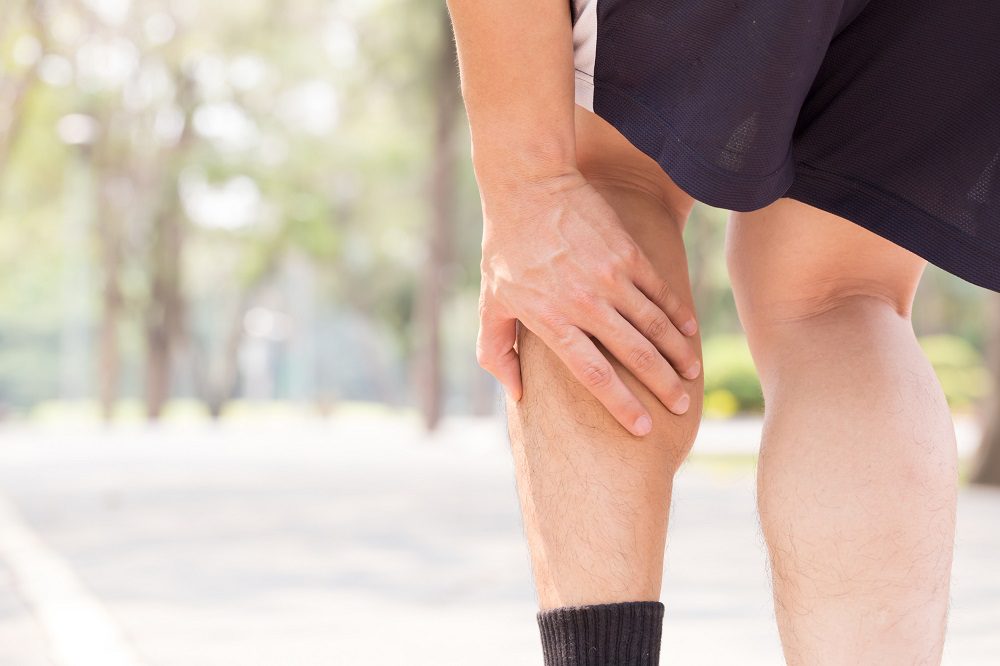If you have varicose veins, you are familiar with the bulging, discolored appearance of these damaged veins. Commonly, they occur in your legs, but you might also see these veins in the neck or abdomen.
This vein disorder is not necessarily an emergency, though many people seek treatment from a vascular doctor for cosmetic enhancement of this disease.
But did you know that a varicose vein can burst? If this occurs, you might feel alarmed. But your doctor will help you resolve the issue promptly.
Read on to learn more about ruptured varicose veins and what this incident means for your health.

What Causes a Varicose Vein to Burst?
Varicose veins occur because a valve in the blood vessel malfunctions, allowing blood to pool in a certain area of the vein. This results in swollen and highly visible veins through the skin.
This accumulation of blood puts pressure on the vein. And if the pressure builds, the walls of the vein stretch and weaken. A vein can rupture at this point due to a small bump or impact that might not otherwise harm the area. Or it can occur spontaneously.
The varicose vein can burst either internally or externally. This means that the blood can then leak internally within the skin, leaving a bruise-like effect. Or it can leak externally through an opening in the skin which will result in bleeding.
Can I Tell If My Vein Bursts?
Many people will notice the visible effects of a burst varicose vein, though they appear differently depending on the type of rupture. An internal rupture can look like a large pool of discoloration on the skin, similar to a bruise. An external rupture occurs when you have broken skin, and you will see a great deal of bleeding that might not seem able to stop.
Some people will also feel a burning sensation in the burst vein and might feel dizzy or woozy due to blood loss. In either case, you will require medical attention to treat the issue and resolve your symptoms.
How Does My Doctor Treat Burst Veins?
If you suffer from a ruptured varicose vein, keep the affected leg or other parts of the body elevated. This will reduce bleeding and swelling. If bleeding through an external rupture, apply pressure to the injury. This will slow the bleeding to prevent blood loss.
Make sure you contact your vascular doctor as soon as possible if you suffer from a burst varicose vein. Even if you stop the bleeding on your own, your specialist will need to evaluate the affected blood vessel to treat it and prevent another rupture.
The doctor can then treat the damaged vein with sclerotherapy, an injection that forces the vein to collapse. This will get rid of symptoms of varicose veins in this area as well. If you notice excessive bleeding, you may want to go to an emergency room for assistance to avoid major blood loss.
